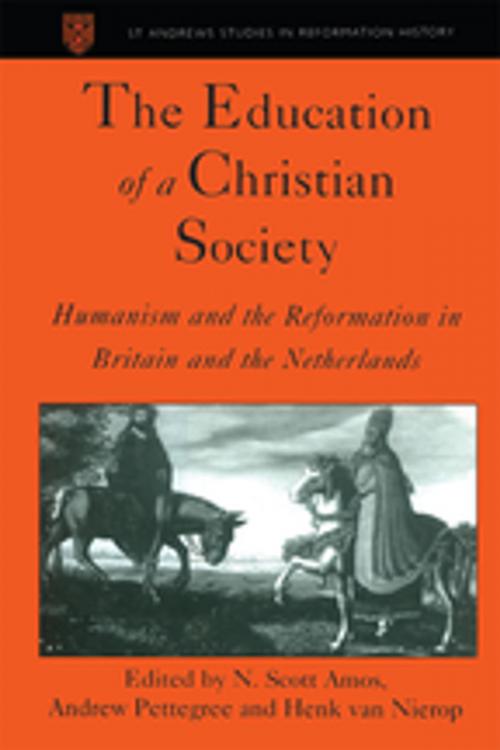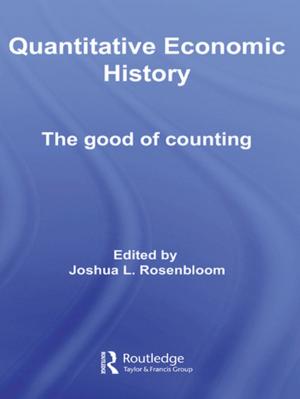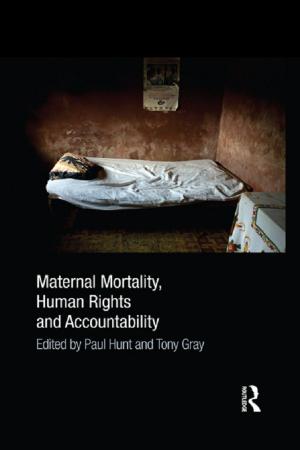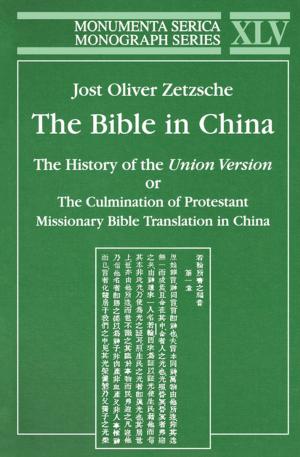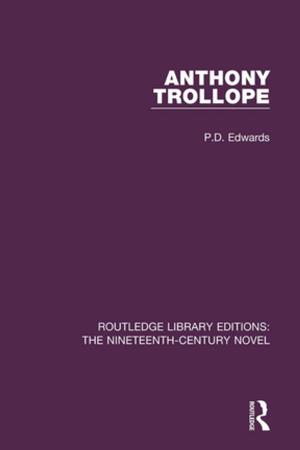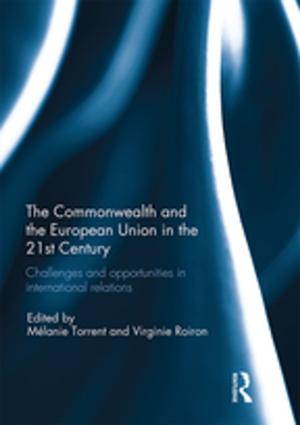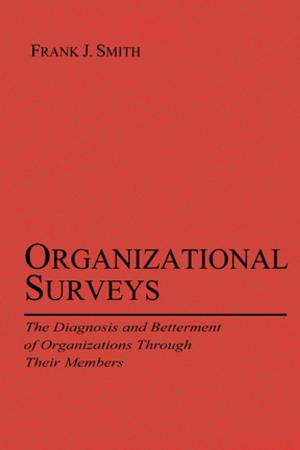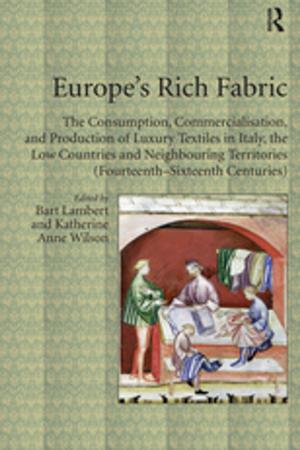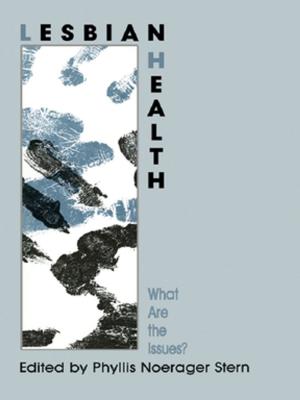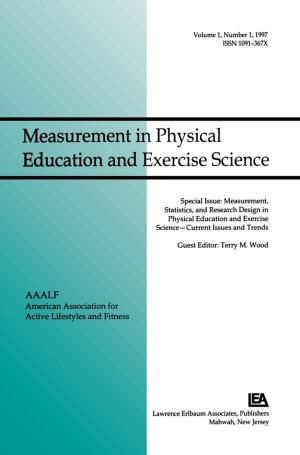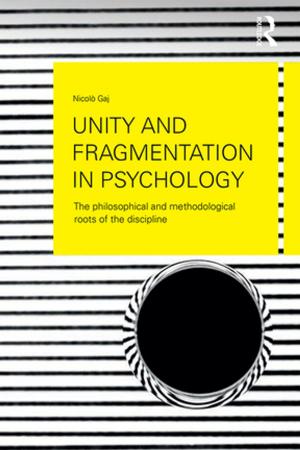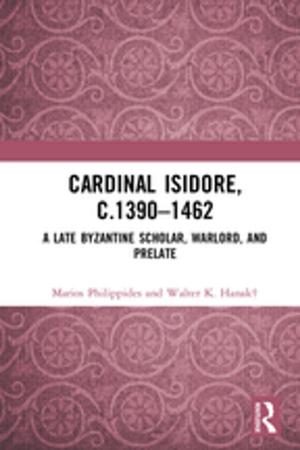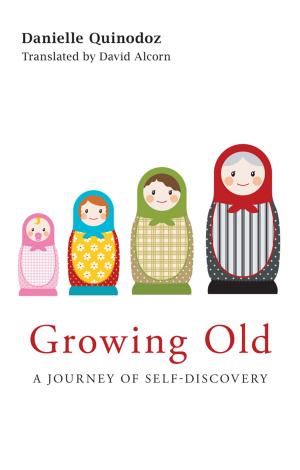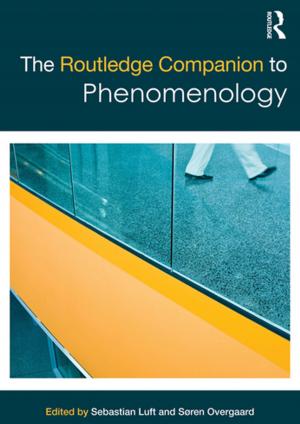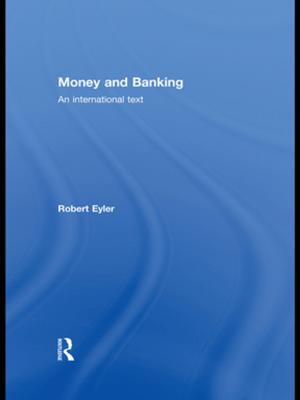The Education of a Christian Society
Humanism and the Reformation in Britain and the Netherlands
Nonfiction, History| Author: | N. Scott Amos, Andrew Pettegree | ISBN: | 9781351890892 |
| Publisher: | Taylor and Francis | Publication: | July 5, 2017 |
| Imprint: | Routledge | Language: | English |
| Author: | N. Scott Amos, Andrew Pettegree |
| ISBN: | 9781351890892 |
| Publisher: | Taylor and Francis |
| Publication: | July 5, 2017 |
| Imprint: | Routledge |
| Language: | English |
Throughout the sixteenth century, political and intellectual developments in Britain and The Netherlands were closely intertwined. At different times religious refugees from one or other country found a secure haven across the Channel, and a constant interchange of books, ideas and personnel underscored the affinity of lands which both made a painful progress towards Protestantism during the course of the century. This collection of ten new studies, all by specialists active in the field, explores the full ramifications of these links, from the first intellectual contacts inspired by the growth of Humanism to the planting of established Protestant churches. With contributions from specialists in art history, literary studies and history, the volume also underscores the vitality of new research in this field and points the way to several new departures in the field of Reformation and Renaissance studies.
Throughout the sixteenth century, political and intellectual developments in Britain and The Netherlands were closely intertwined. At different times religious refugees from one or other country found a secure haven across the Channel, and a constant interchange of books, ideas and personnel underscored the affinity of lands which both made a painful progress towards Protestantism during the course of the century. This collection of ten new studies, all by specialists active in the field, explores the full ramifications of these links, from the first intellectual contacts inspired by the growth of Humanism to the planting of established Protestant churches. With contributions from specialists in art history, literary studies and history, the volume also underscores the vitality of new research in this field and points the way to several new departures in the field of Reformation and Renaissance studies.
